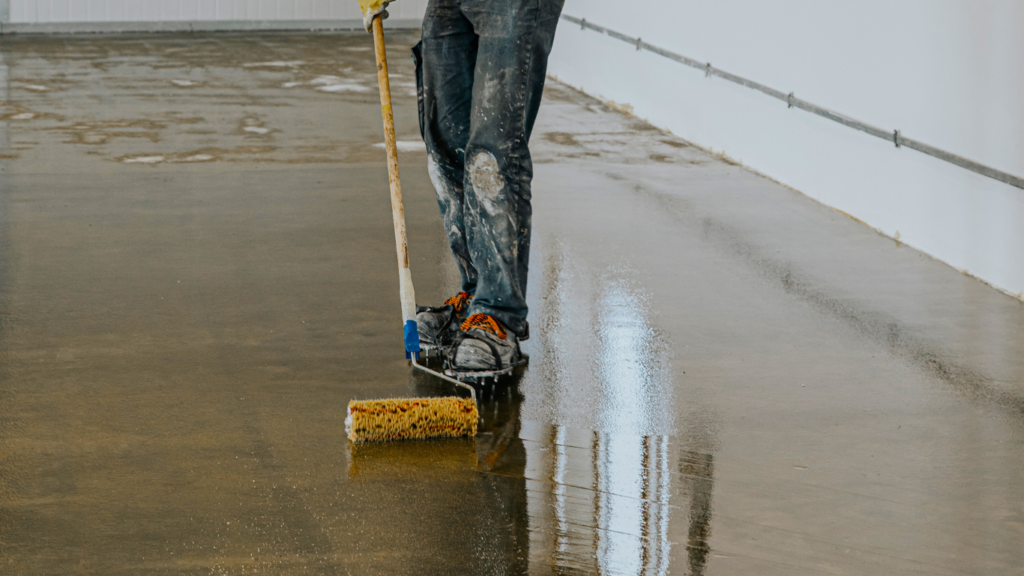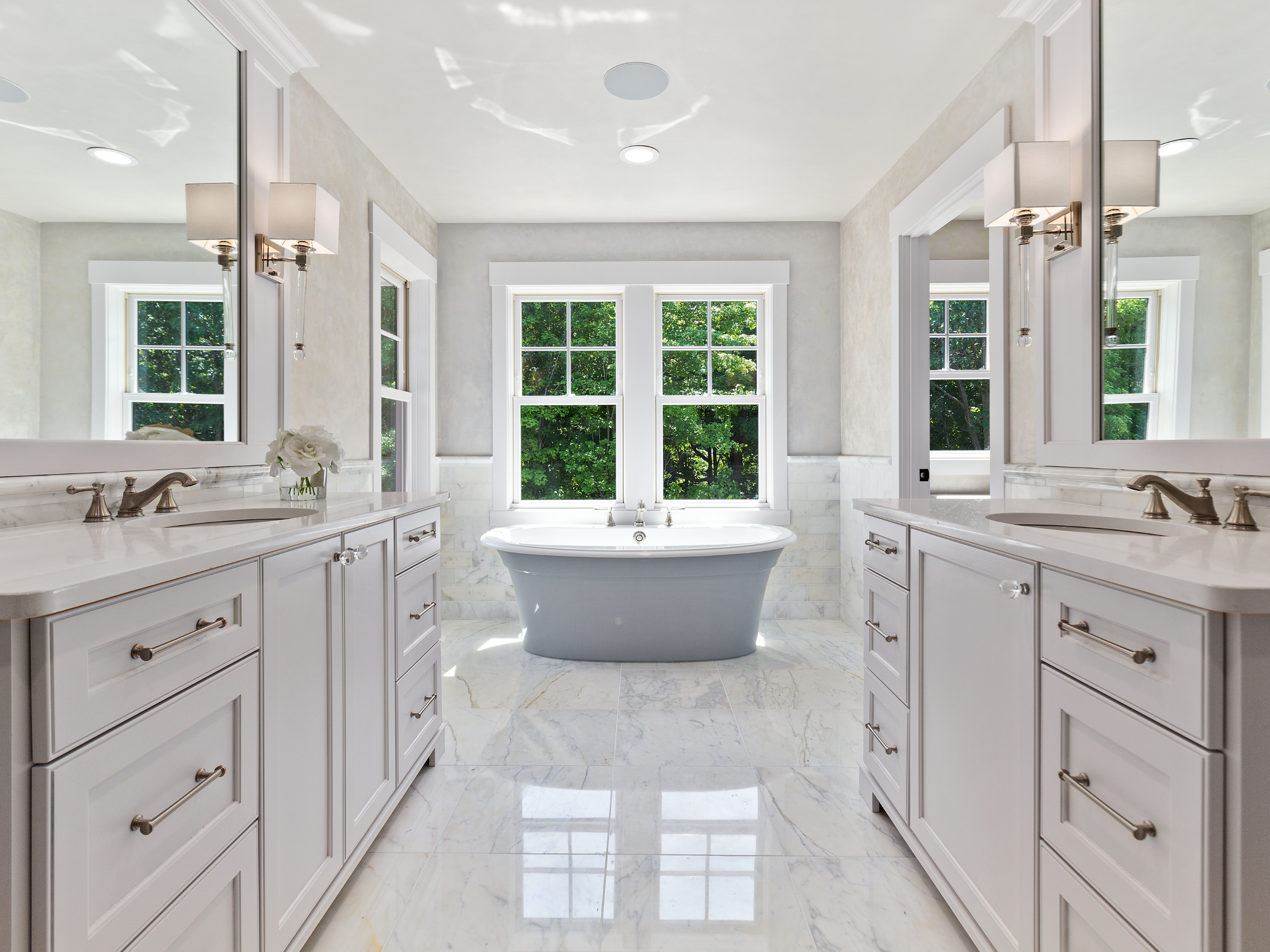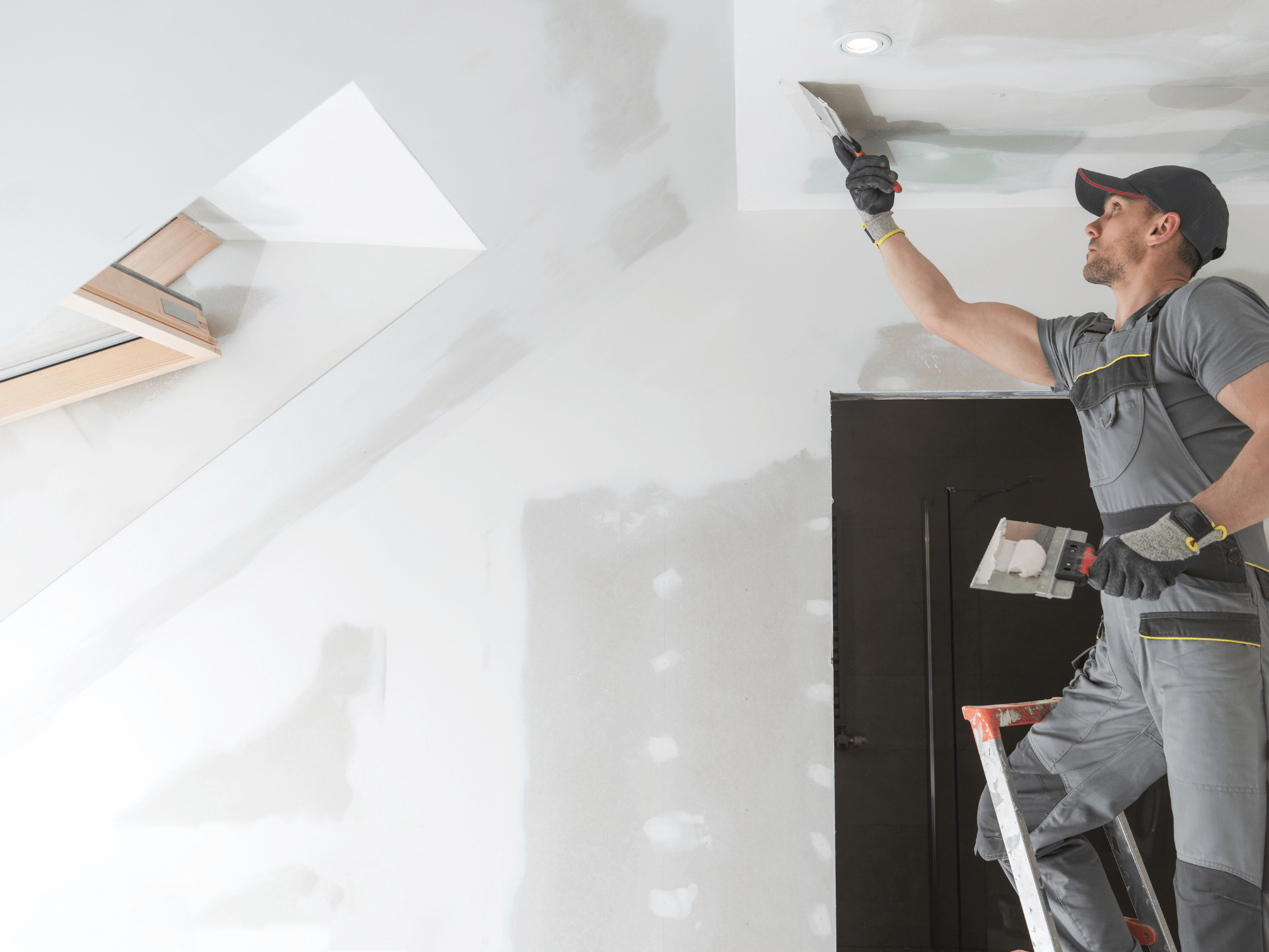How to Choose the Right Epoxy Floor for Your Garage
If you’re looking to upgrade your garage, installing an epoxy floor is one of the best ways to enhance both its functionality and appearance. Epoxy floors are durable, easy to maintain, and resistant to stains, making them perfect for high-traffic areas like garages. But with so many types of epoxy flooring available, how do you choose the right one for your space? In this guide, we’ll walk you through the key factors to consider when selecting the best epoxy floor for your garage.
1. Types of Epoxy Coatings
There are several types of epoxy coatings available, and choosing the right one depends on how you plan to use your garage. Here’s a breakdown of the most common options:
- Water-Based Epoxy: This type is easy to apply and ideal for DIY projects. It’s thinner than other epoxies, making it less durable for heavy use, but it’s great for homeowners looking for an eco-friendly option that’s also budget-friendly.
- Solvent-Based Epoxy: Solvent-based epoxy is stronger and more durable than water-based versions, but it does come with strong fumes during application. It’s more resistant to chemicals, stains, and wear, making it a good choice for garages where vehicles or heavy equipment are stored.
- 100% Solid Epoxy: This type is the most durable and long-lasting. It’s made from pure epoxy resin without any solvents, so it offers maximum thickness and protection. While it requires professional installation, it’s ideal for garages that see heavy traffic or frequent use.
2. Durability and Usage
Before choosing your epoxy floor, think about how you use your garage. Is it just for parking your car, or do you use it as a workshop or storage space for heavy tools and machinery? If your garage experiences a lot of foot traffic, vehicle movement, or exposure to chemicals and oils, a thicker, more durable epoxy coating, like 100% solid epoxy, is the best option.
For garages that are mainly used for parking and general storage, water-based or solvent-based epoxy coatings may provide adequate protection without the need for heavy-duty coverage.
3. Slip Resistance
4. Aesthetic Appeal
One of the biggest advantages of epoxy flooring is the wide range of styles and finishes available. You can customize your garage floor to match your personal taste or the overall look of your home. Some popular design options include:
- Solid Colors: For a clean and polished look, solid color epoxy floors are a classic choice. They come in a variety of hues to match your preferences.
- Metallic Epoxy: If you want a high-end, glossy finish, metallic epoxy floors create a stunning effect with a metallic sheen that shifts and moves as the light hits it. This is great for garages that double as showrooms or workspaces.
- Epoxy Flake Floors: This type of epoxy incorporates colored flakes that are scattered on top of the wet epoxy layer, giving it a textured, granite-like appearance. It’s a popular option for garages because it’s durable, slip-resistant, and hides dirt or imperfections well.
- Clear Epoxy: If you prefer to highlight the natural texture or material of your garage floor, clear epoxy can be applied over the concrete to provide protection while preserving the floor’s natural look.
5. Ease of Maintenance
Epoxy floors are relatively low-maintenance, but some finishes and coatings are easier to clean than others. For example, solid epoxy with a smooth finish can be easily wiped down or mopped, while epoxy flake floors or those with texture may require a bit more effort to clean, especially in the grooves where dirt can settle.
Consider how much time you’re willing to spend on upkeep and choose a finish that aligns with your lifestyle. If you want a floor that looks great with minimal cleaning, a smooth, glossy finish may be the way to go.
6. Installation Process
While some types of epoxy flooring, like water-based epoxy, can be installed as a DIY project, others, such as 100% solid epoxy, are best left to professionals. Proper installation is crucial for ensuring durability and longevity. A professional installer can also help you select the best epoxy type for your garage, apply slip-resistant coatings, and make sure the floor cures properly.
Final Thoughts
Choosing the right epoxy floor for your garage comes down to understanding your needs in terms of durability, safety, and style. Whether you’re looking for a cost-effective option like water-based epoxy or want a high-end finish with metallic or flake epoxy, there’s a solution to fit your budget and usage requirements. Consider the factors mentioned above, and you’ll be able to select the perfect epoxy floor that enhances both the function and aesthetic appeal of your garage.
Ready to upgrade your garage with a durable, long-lasting epoxy floor? Contact us today to schedule a consultation!
The Ultimate Guide to Bathroom Painting for Real Estate Investors & Realtors in DFW
Transforming a bathroom with fresh paint is one of the...
Read MoreHow Drywall Repairs Can Prevent Bigger Issues in Investment Properties
Neglecting drywall repairs in investment properties can lead to significant...
Read MoreTop-Rated Cabinet Painters in Dallas: What to Look for in a Pro
Looking to update your kitchen without spending a fortune? Affordable...
Read MoreAffordable Cabinet Painting: How to Refresh Your Kitchen on a Budget
Looking to update your kitchen without spending a fortune? Affordable...
Read More




